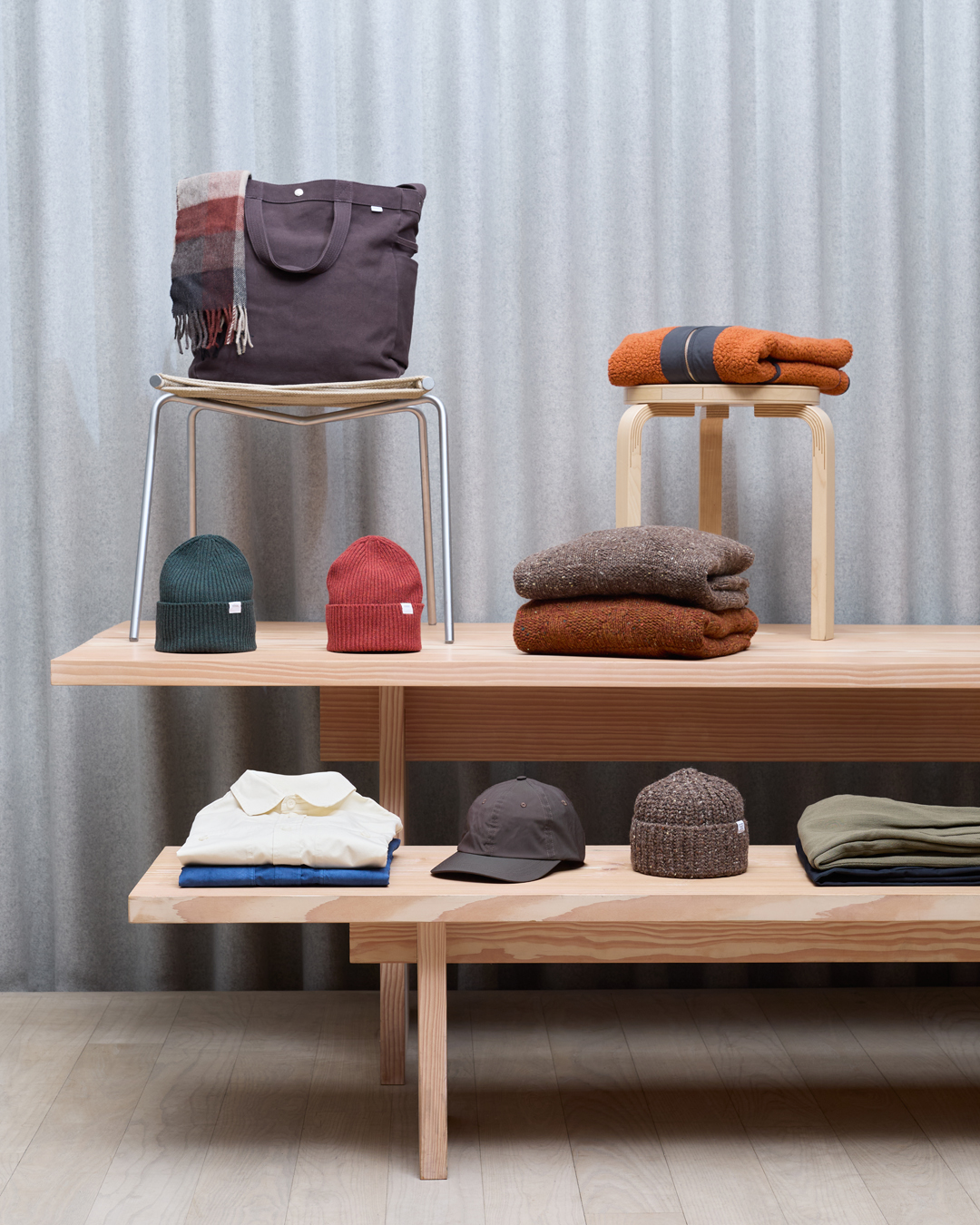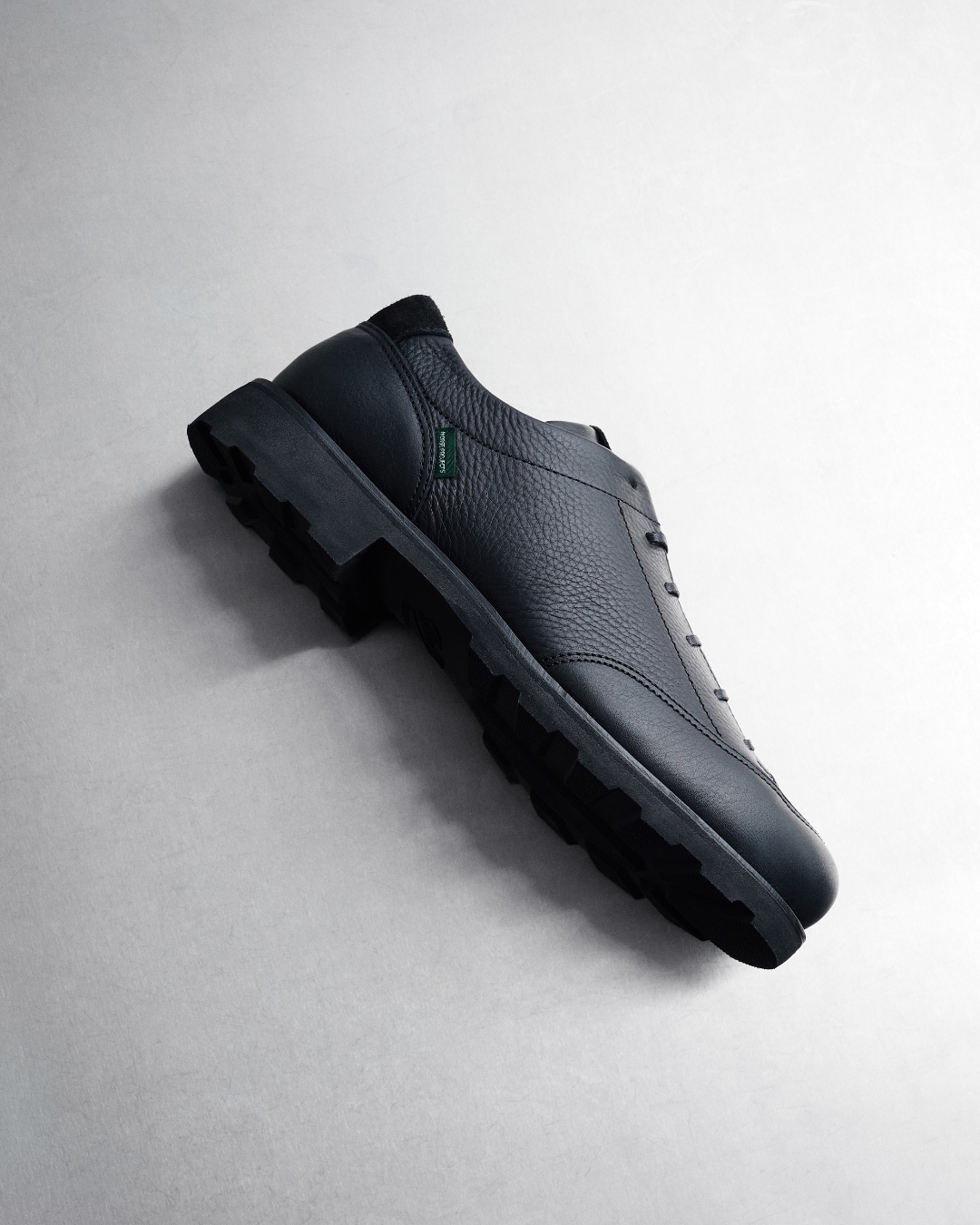Seating Arrangement — A Conversation with Hugo Passos20.06.2023
Hugo Passos, originally from Setúbal, Portugal, and currently based in Copenhagen, is renowned for his talent in seamlessly integrating aesthetics and functionality in his designs for everyday objects. Recently, Norse Projects had the privilege of spending a summer afternoon with the designer at his Nørrebro office, where we delved into his journey from his early days in London to his latest achievement – the release of the Gomo chair and sofa for Fredericia during Copenhagen’s annual design festival, 3daysofdesign.
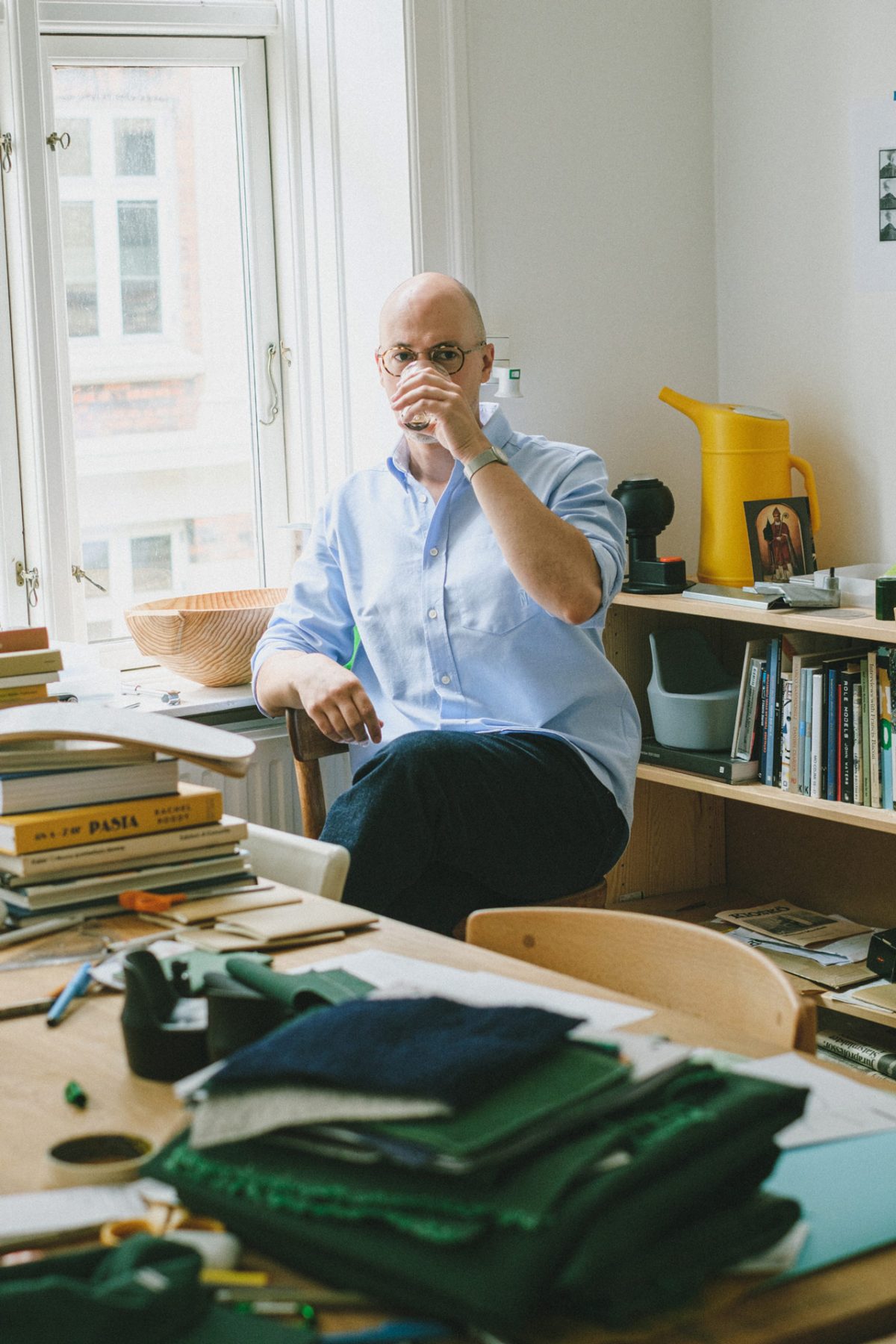
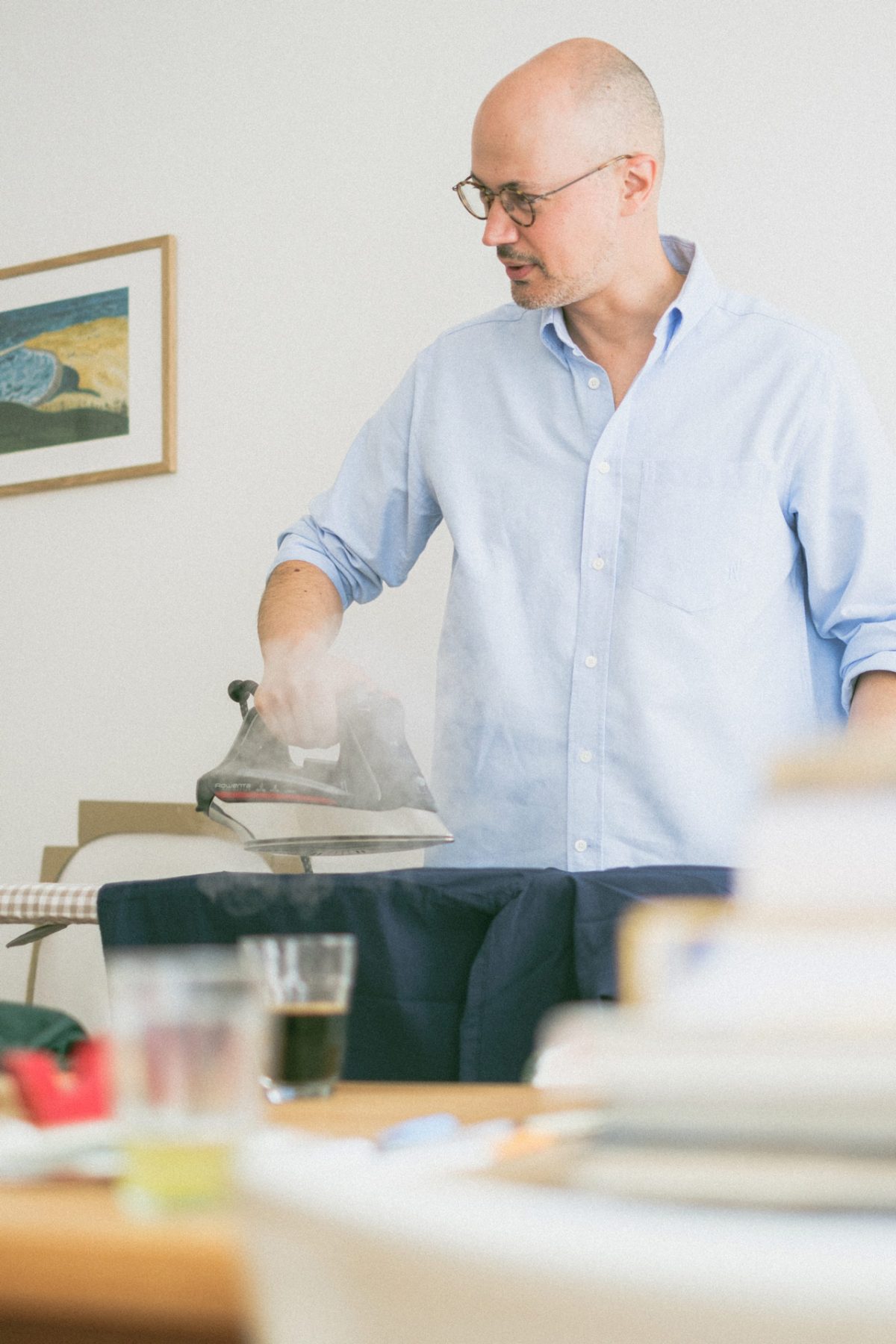
“I have great respect for what has been accomplished in the past, and that serves as my foundation, my starting point.”
On our visit, we gained insights into Passos’ design thinking and the inspirations that drive his work. Referencing design legends such as Marcel Breuer, Børge Mogensen, Achille Castiglioni and Charlotte Perriand – he says “I have great respect for what has been accomplished in the past, and that serves as my foundation, my starting point.”
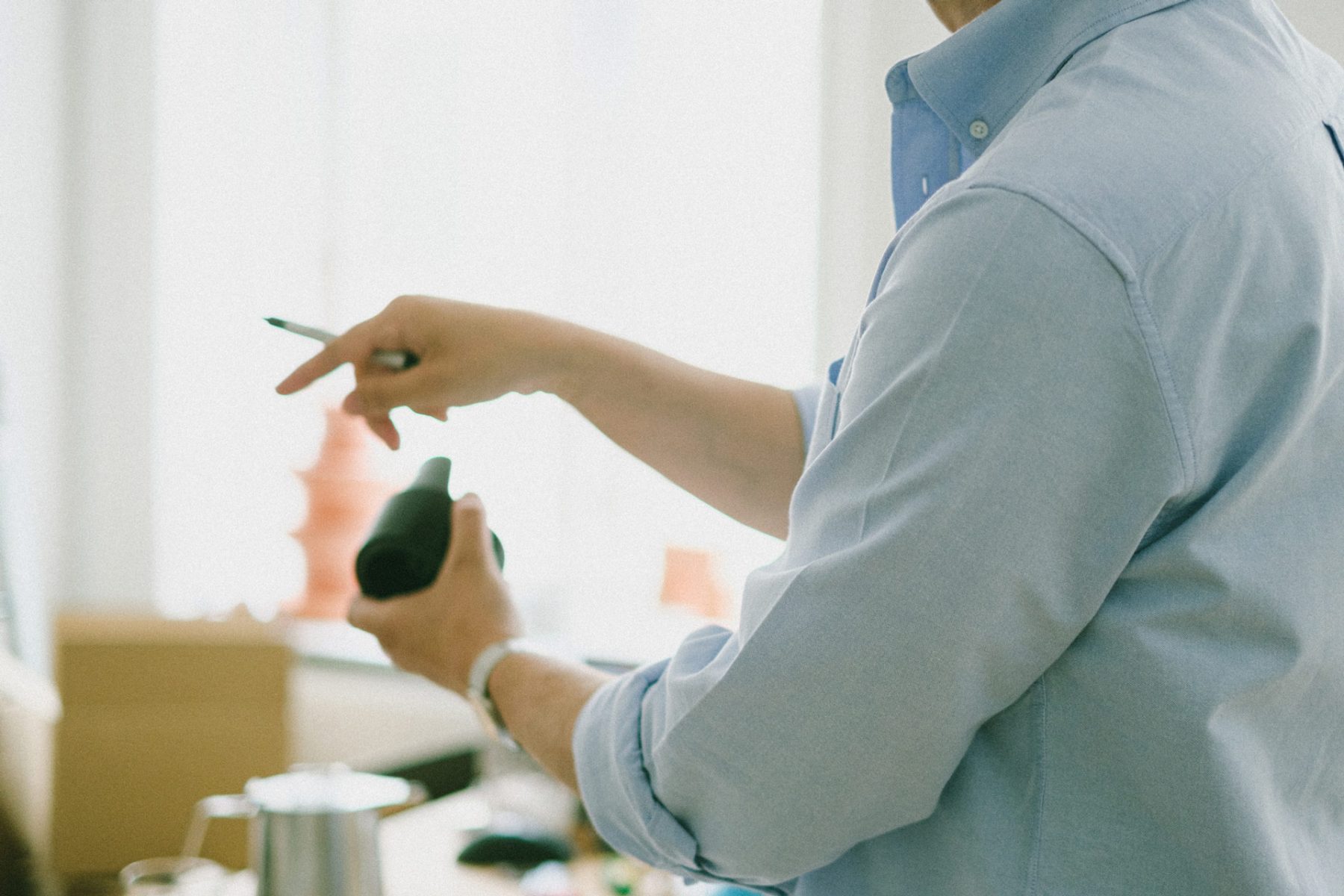
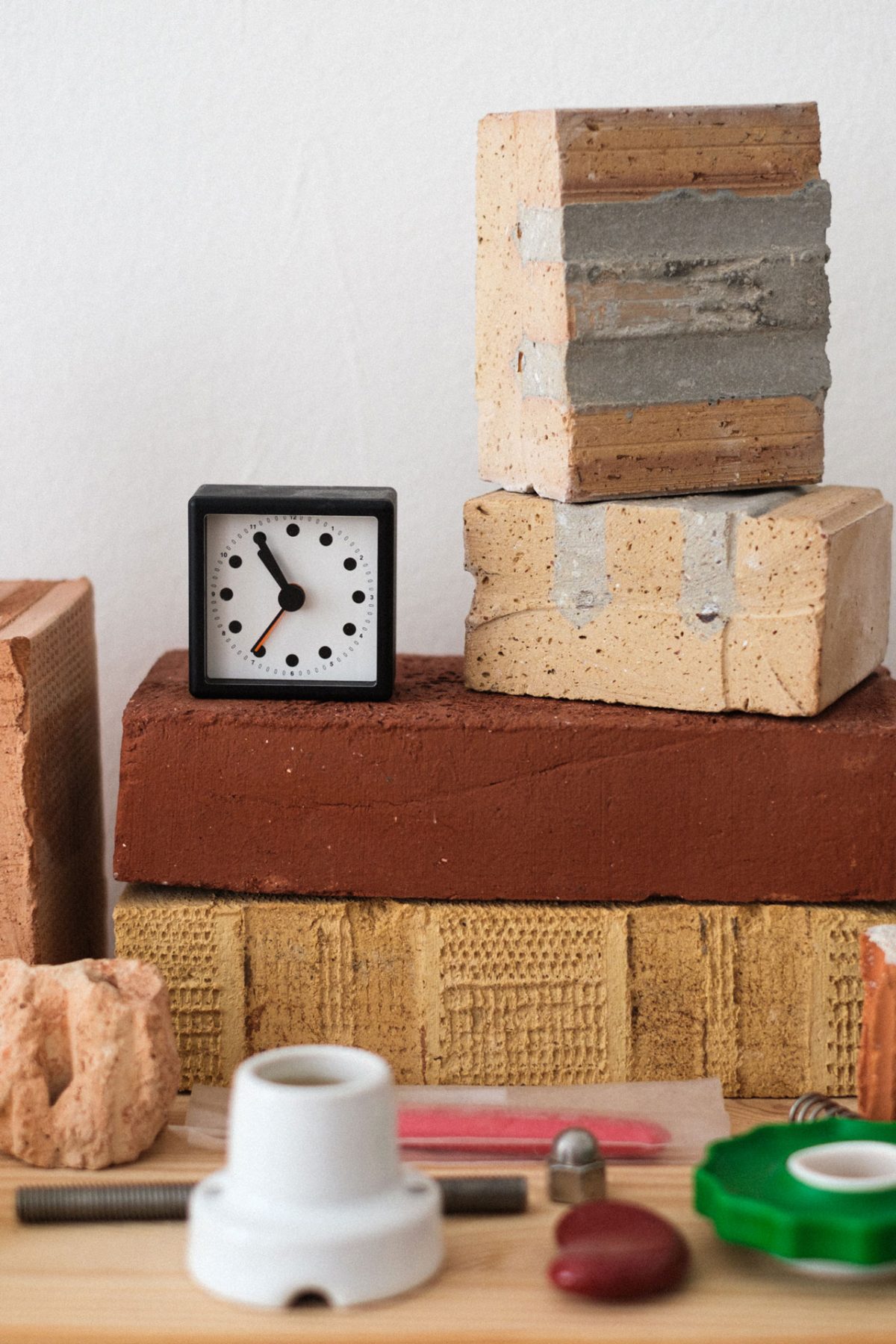
Embracing the rich heritage of the past while making subtle modifications to meet the needs of the modern era, he blends tradition and contemporary practicality, giving the work relevance and purpose. Not everyone is exposed to a design-centric upbringing, and for Passos, the absence of it sparked a curiosity that led him to explore deeper. “Through some architecture books I found the furniture of Breuer and that was the first spark. Instead of architecture, furniture became my focus. I also felt a greater sense of control due to the scale – with life size mockups and prototypes I could experiment and refine ideas. I enjoy the direct interaction with materials and the human scale, as it feels more tangible to me.”
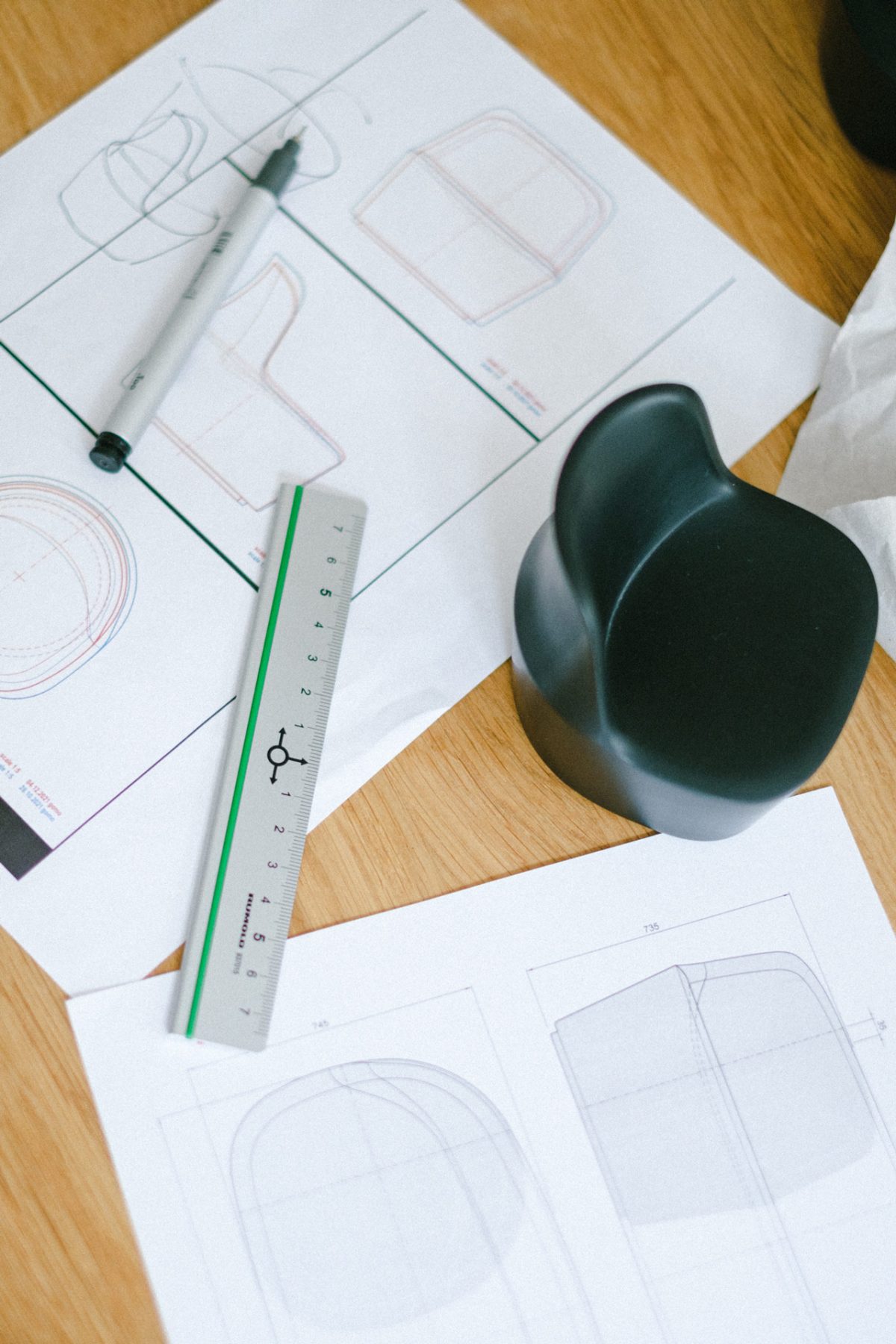
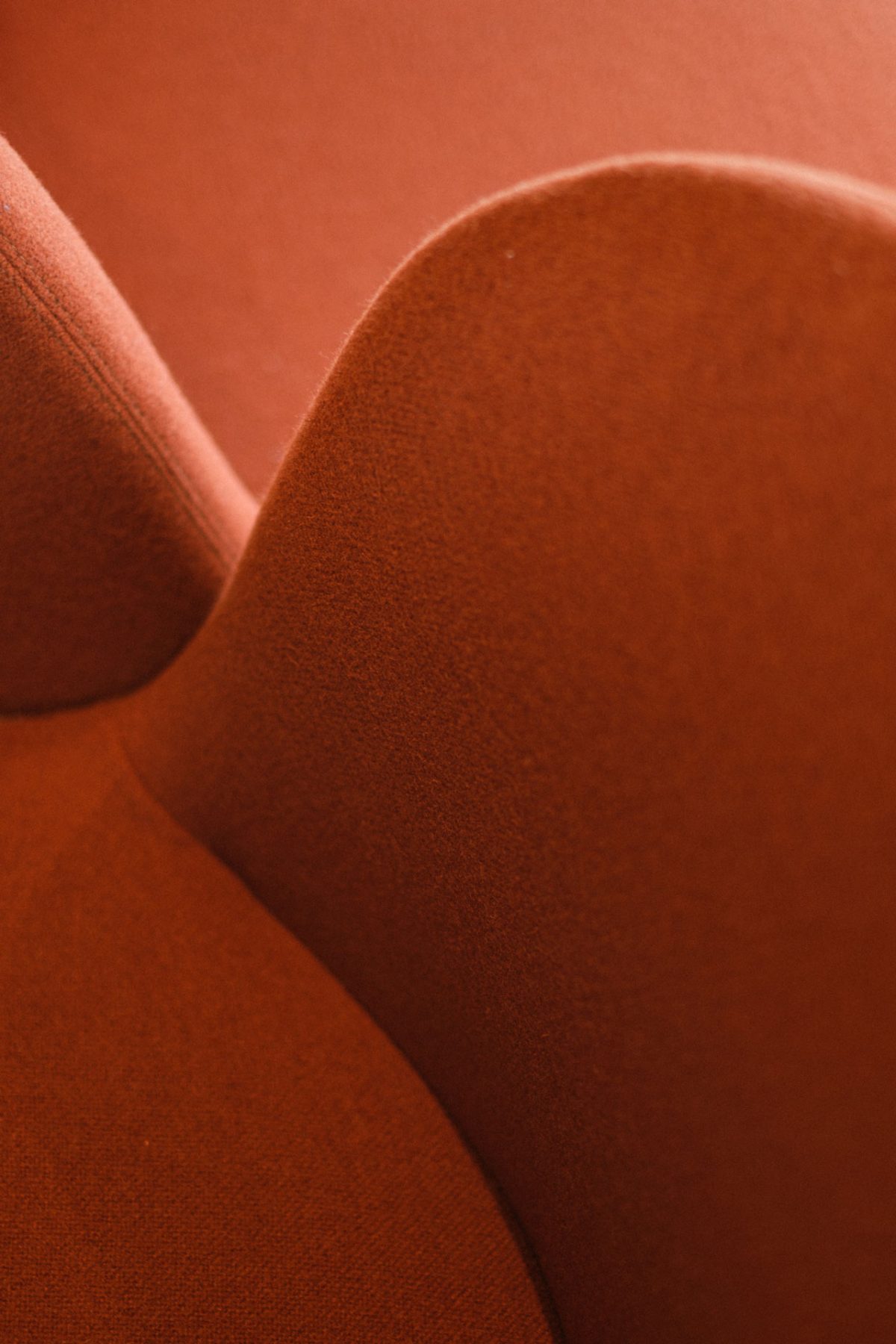
“Instead of trying to break away from our past, we should acknowledge the logic behind the evolutions and the significant improvements that have occurred throughout history.”
His design process revolves around making subtle enhancements and improvements, with a focus on proportion, materials, and efficient manufacturing techniques. He believes that even the smallest improvement represents a significant step forward. Rather than pursuing grand gestures or revolutionary concepts, Passos’ work represents an evolution of design styles rooted in history. He emphasizes the importance of embracing progress and advancements, “Instead of trying to break away from our past, we should acknowledge the logic behind the evolutions and the significant improvements that have occurred throughout history.”
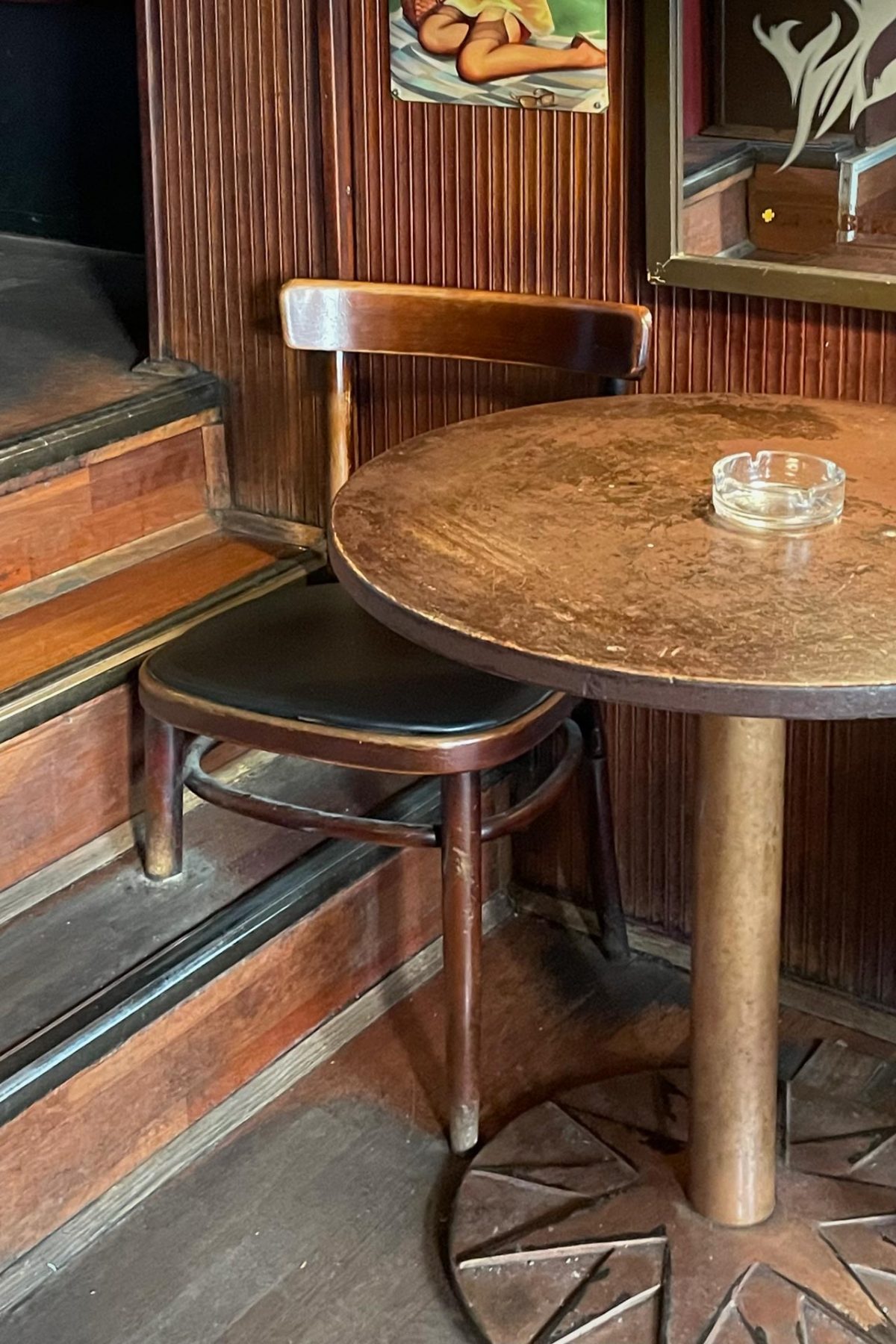
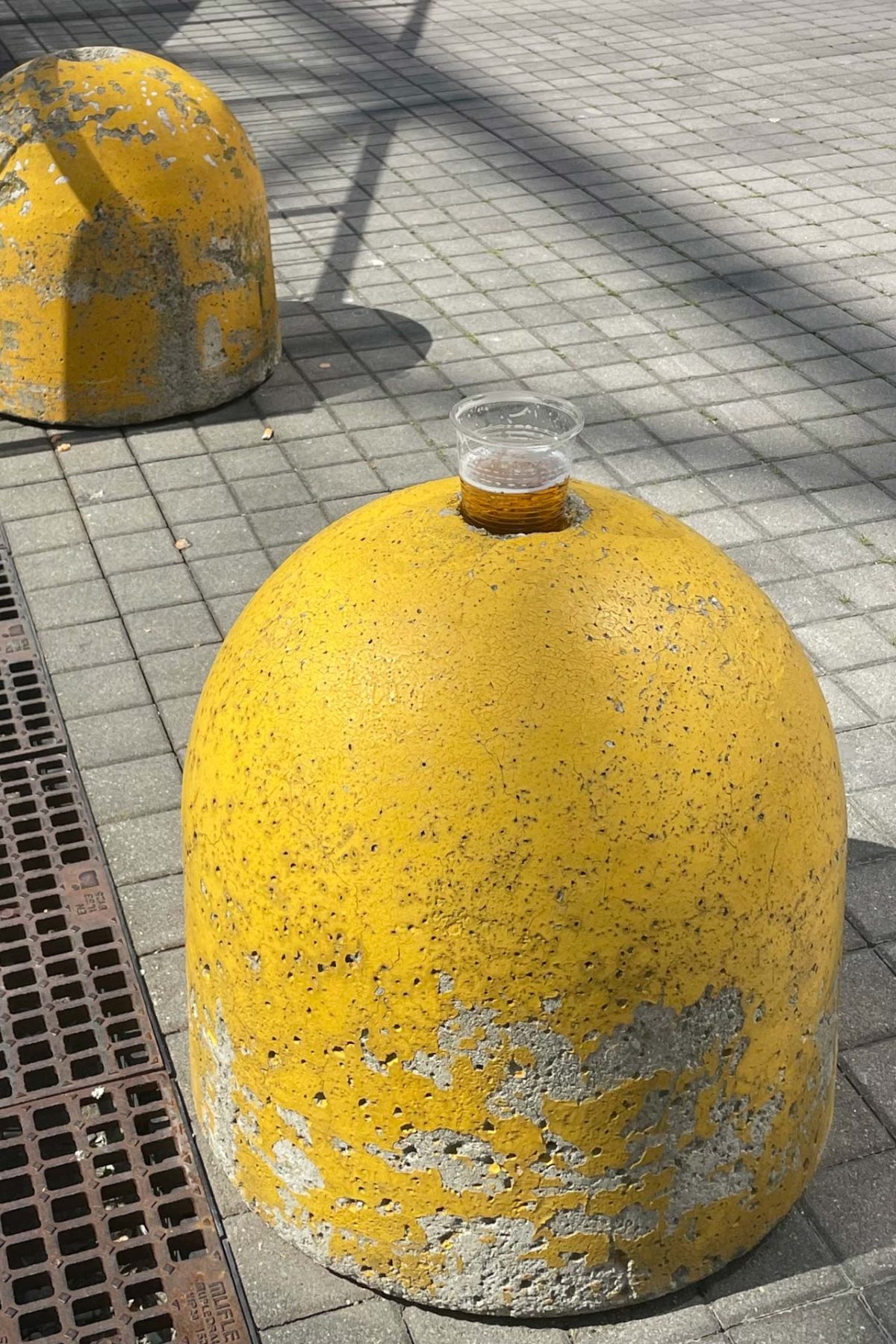
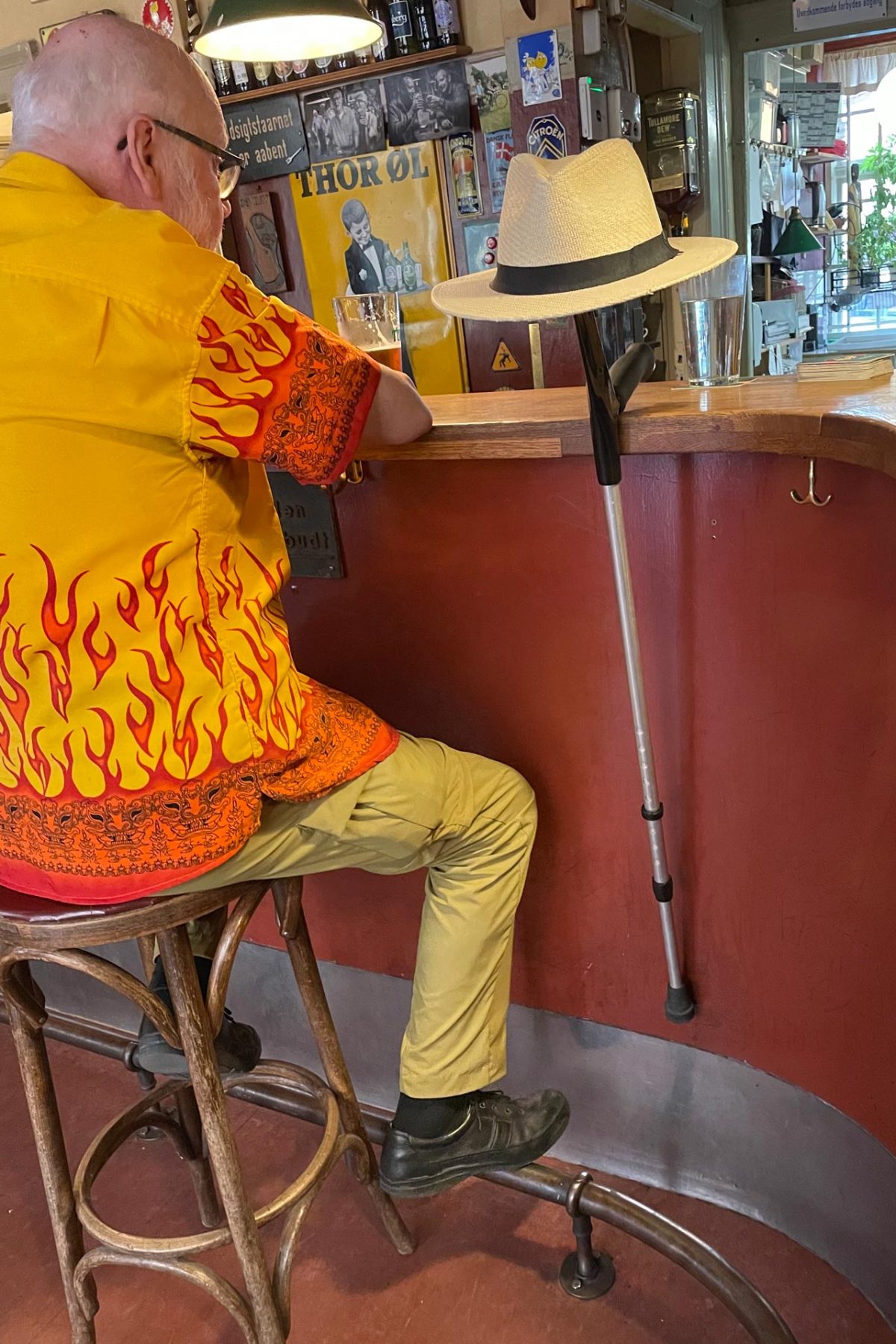
“The way people mend things can sometimes be ingenious and creative. It can add a lot of charm to an object. It’s hard to design a new object with that charming quality, so these little quirky things interest me. I like to think that by creating this kind of random visual library in your mind it will eventually bleed into a project.”
The Portuguese designer spends his time casually capturing the often overlooked nuances of objects through his photography. Things like the curvature of a chair leg, a peculiar window display, handrails, street benches and a broken jug catch his attention. “The way people mend things can sometimes be ingenious and creative. It can add a lot of charm to an object. It’s hard to design a new object with that charming quality, so these little quirky things interest me. I like to think that by creating this kind of random visual library in your mind it will eventually bleed into a project.”
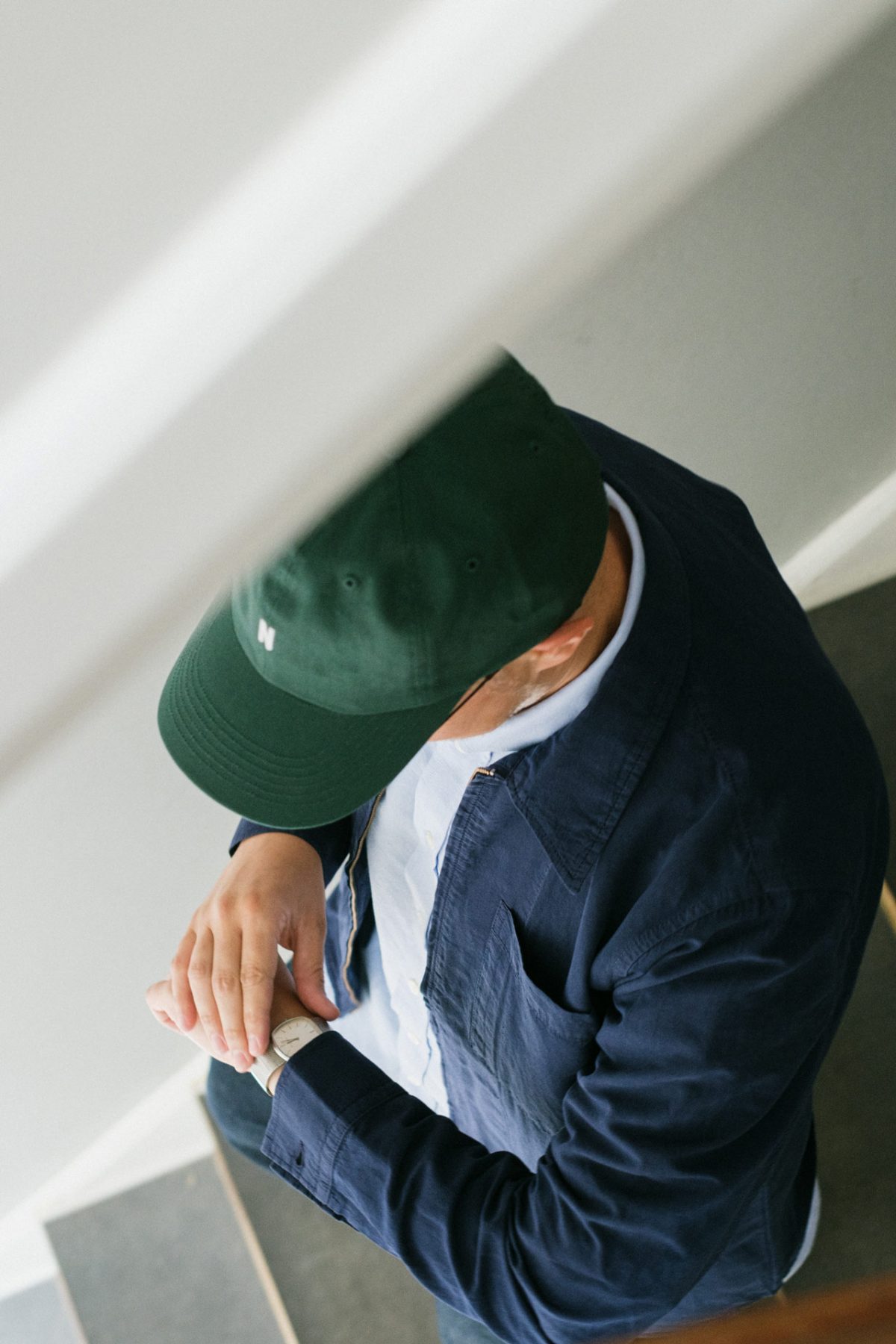
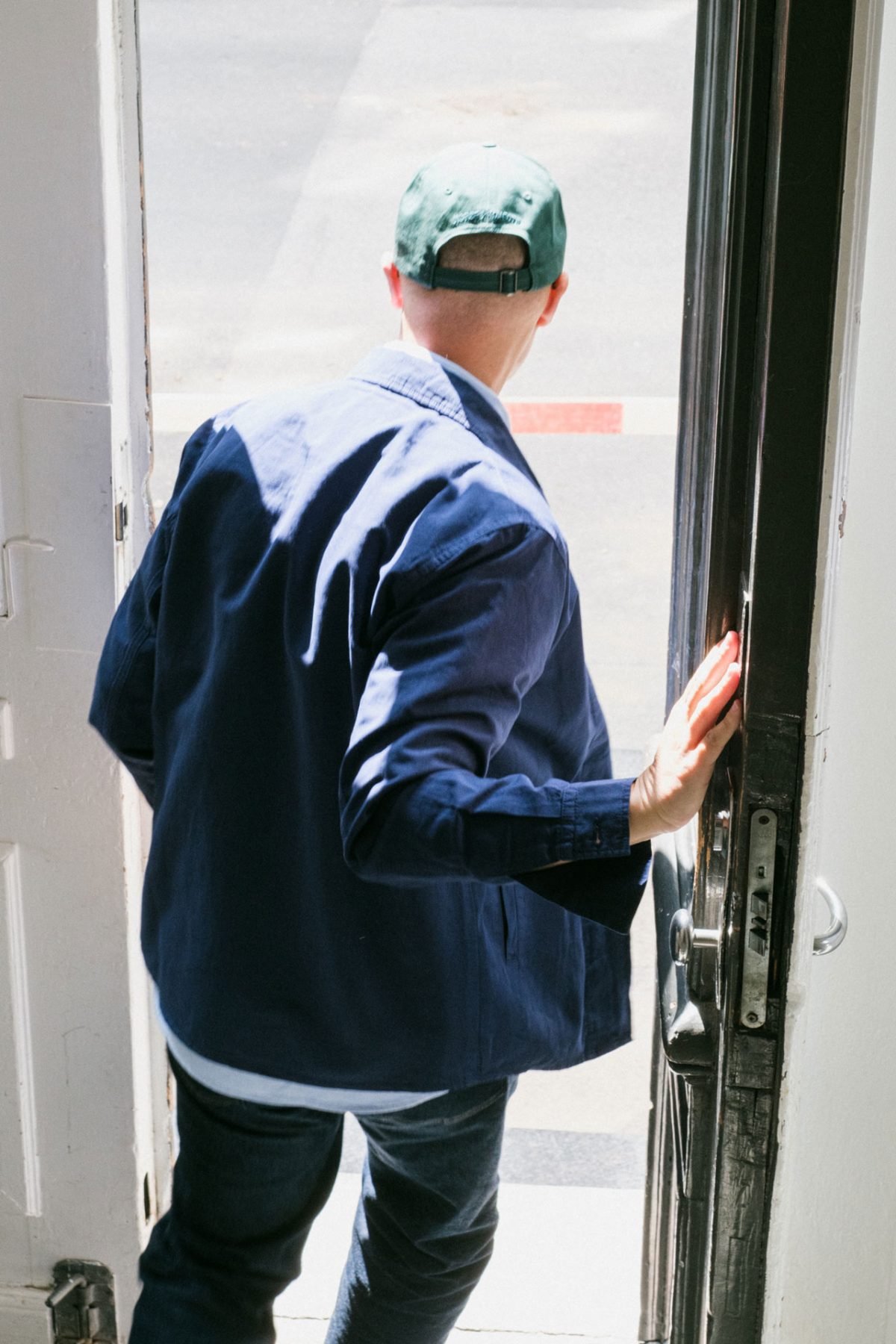
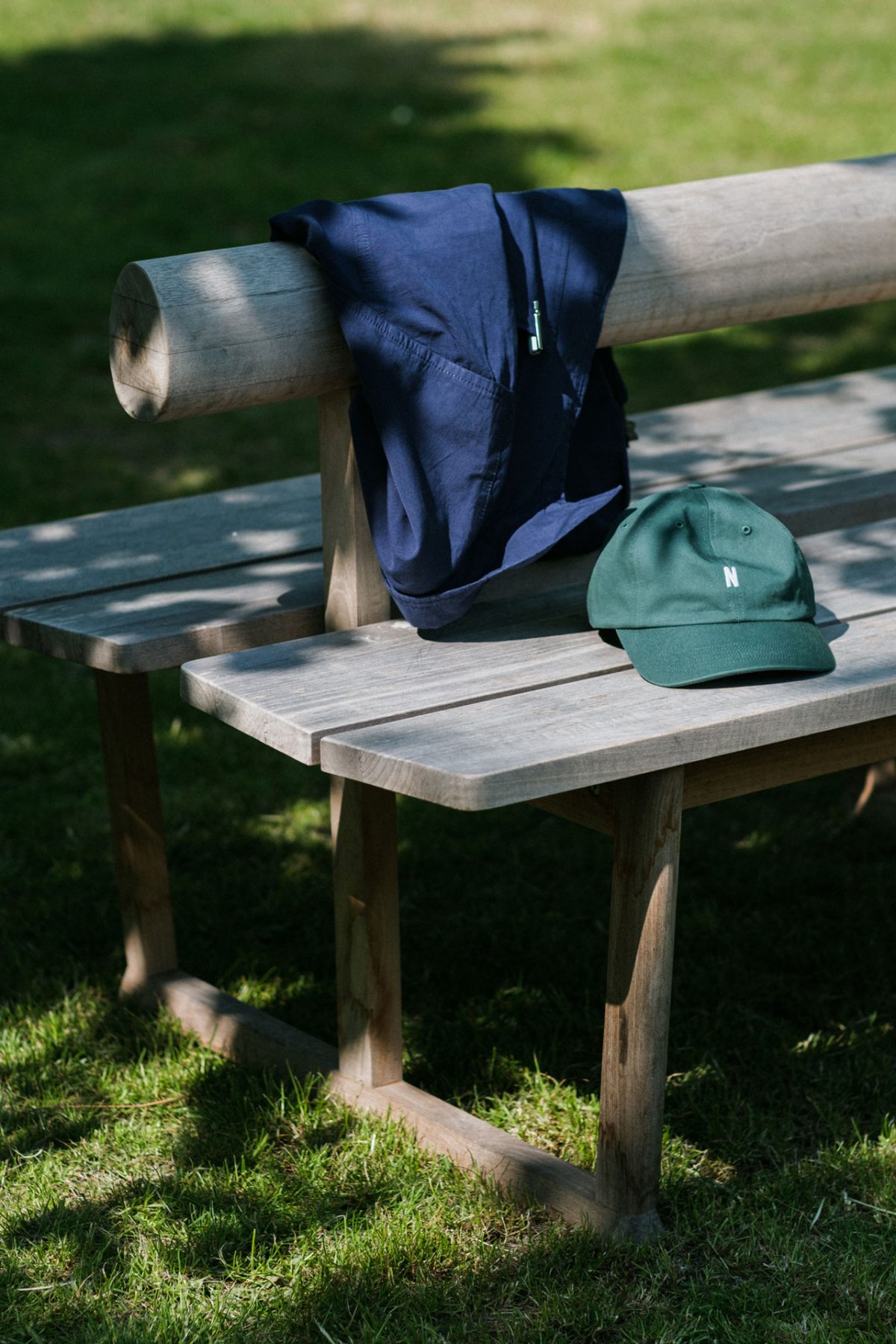
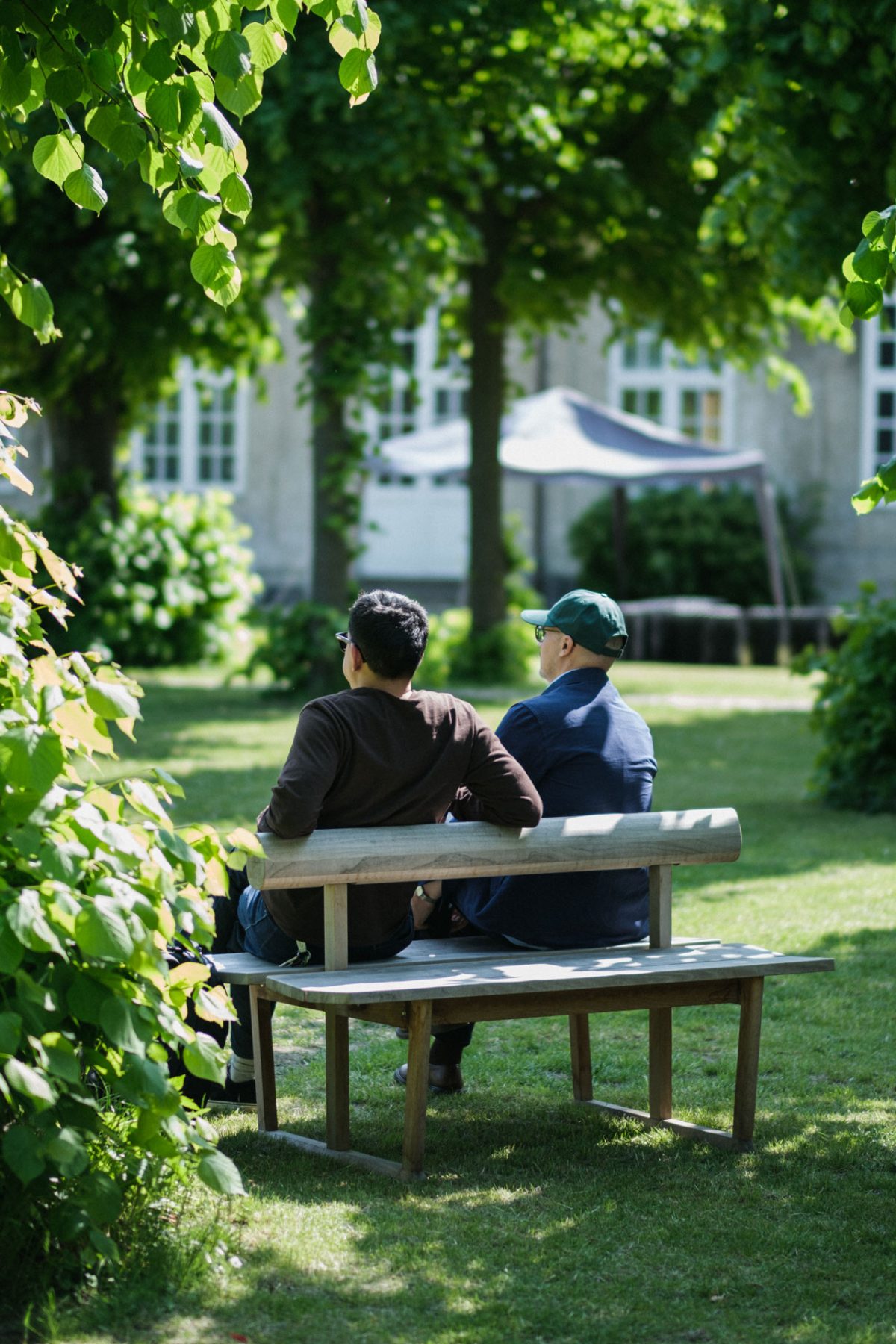
After the studio visit, we strolled to the Design Museum of Denmark to enjoy some coffee and relax in the museum’s courtyard. It was a special moment for Passos as he reflected on his journey. Last year, his Banco benches, designed for Skagerak by Fritz Hansen, were selected as the primary seating solution for the expansive outdoor space. This achievement felt like a culmination of years of hard work. To see the benches being used by the many people that visit the museum and being exposed to the elements, slowly gathering the marks of
everyday life, gives Passos great joy.
